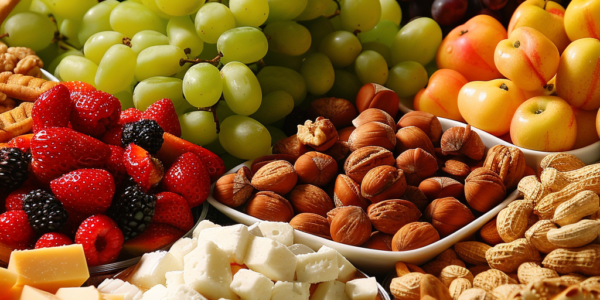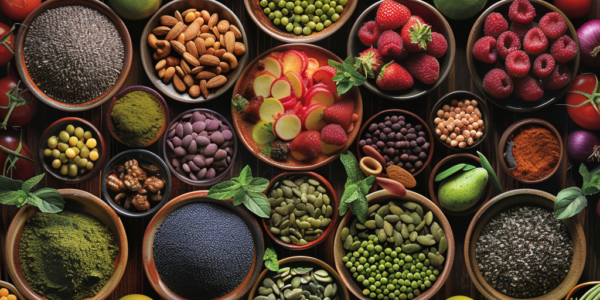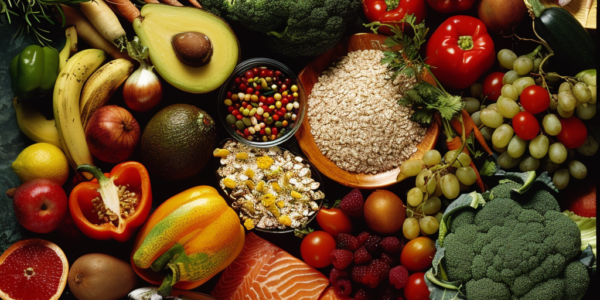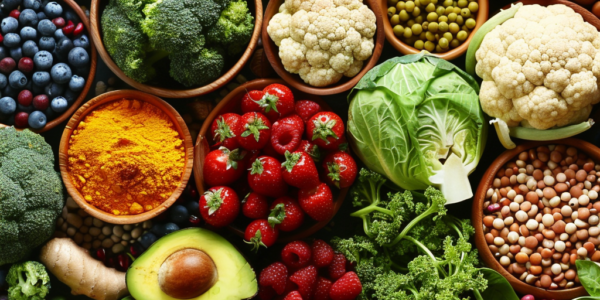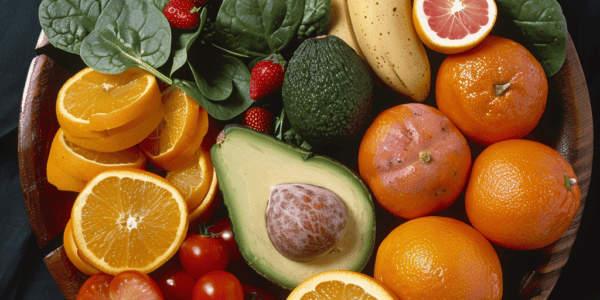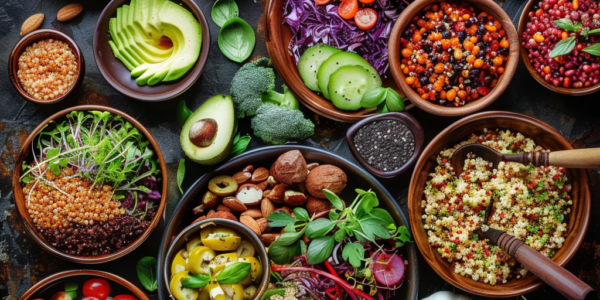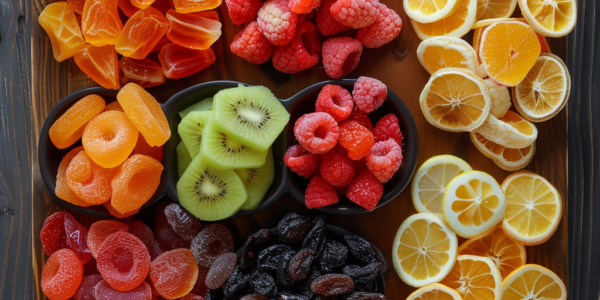Healthy Eating May Cut Cancer Risk, Experts Say
Healthy eating and exercise can help reduce the risk of cancer, according to recent studies. Consuming nuts and nutrient-rich foods can aid in preventing cancer, as suggested by surgical oncologist Dr. Lori A. Alfonse. With an alarming increase in cancer cases predicted, it’s important to take note of expert advice on cancer prevention.
Gastroenterologist emphasizes importance of obtaining nutrients from food over supplements
Learn why Dr. Will Bulsiewicz, a gastroenterologist and US medical director of the nutrition company Zoe, emphasizes the importance of obtaining nutrients from food and using supplements to fill in the gaps. Discover the specific supplements he takes daily and how they complement his healthy diet.
World Health Day 2024: Experts Reveal Healthy Dietary Patterns
Experts reveal healthy dietary patterns for World Health Day 2024, emphasizing the importance of hydration and good fats in the morning. Abhilasha Sharma, a nutritionist, shares insights on breakfast and meal balance to maintain a disease-free life.
Study Shows Link Between Food Preferences and Cognitive Function
Discover how food choices are linked to cognitive function, mental health, and brain health in a new collaborative study from Fudan University and the University of Cambridge. The study found that a healthy, balanced diet is associated with better brain health, cognitive function, and mental well-being compared to other diet types. Learn more about the impact of food preferences on cognitive and mental function.
Nutrient-Dense Foods and Cancer Prevention
Discover the cancer-fighting properties of nutrient-dense foods like berries, cruciferous vegetables, leafy greens, garlic, turmeric, tomatoes, green tea, walnuts, beans, legumes, and citrus fruits. These foods contain antioxidants and phytochemicals that play a significant role in cancer prevention and treatment.
Heart Health Foundation’s New Initiatives for Heart Disease Prevention
The Heart Health Foundation has announced new initiatives focused on heart disease prevention, including programs promoting physical activity, heart-healthy nutrition, and community support. With a focus on prevention and holistic well-being, the foundation aims to make a meaningful impact on heart health and overall well-being.
Excessive Salt Consumption Linked to Heart and Kidney Health Risks, Study Finds
Excessive salt consumption can increase the risk of hypertension, cardiovascular, and chronic kidney diseases, according to a study by the George Institute for Global Health India. The research also highlighted the impact of inadequate potassium intake, associated with an increased risk of developing hypertension, cardiovascular disease, and chronic kidney disease. The study emphasizes the suboptimal intake of nutrients necessary for good cardiovascular and kidney health in the population of North India, including excessive salt consumption, inadequate potassium intake, and protein consumption below the recommended dietary allowance.
The Rise of Quinoa: A Celebrity Favorite
Quinoa, a celebrity favorite food, has seen a market size of $382 million and is expected to continue growing. Dr. Uma Naidoo describes it as delicious, nutritious, and versatile, with various colors and a good source of antioxidants, vitamins, and minerals. Despite only containing 8 grams of protein per cup, quinoa offers additional benefits such as quick preparation time and versatility. It is technically a seed but classified as a whole grain, making it a better option for glucose management than refined grains like white rice. Its growing popularity and nutritional benefits make it a sought-after food for health-conscious individuals and celebrities alike.
UMass Amherst Study Finds Dried Fruit to be Healthiest Fruit Snack Option
UMass Amherst researchers have found that fruit gummies are the least nutritious fruit snack, with dried fruit being the healthiest option. Their analysis of nearly 1,500 fruit snacks revealed that dried fruit, pureed fruit, and canned fruit with juice met the latest high-nutrition snack recommendations, while gummies and other sugary options fell short.
Rising Concern Over Orthorexia
Orthorexia, an eating disorder focused on ‘clean’ eating, is not formally recognized in the DSM but is gaining attention from clinicians. Experts warn of the physical and emotional consequences of this obsession with healthy eating, advocating for greater awareness and support for those affected.

